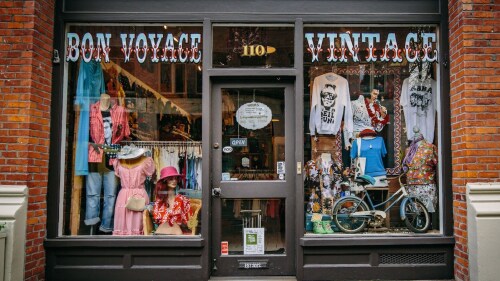If you live within Seattle city limits and were watching your mailbox recently, you’ll know that we just wrapped up a special election.
There was only one measure on the ballot this go-around — the social housing initiative (or initiative measure No. 135). This piece of legislation allows the city to create a new authority that manages and owns apartment buildings, with the intention of maintaining housing that remains affordable.
And with only 400 votes out of 158,200 left for the election commission to count, it’s pretty likely that this initiative will pass with ~57% voting “yes.”
Here’s what the passage would mean for locals.
What does this do?
The initiative creates a government-run developer whose job would be to build or buy apartment buildings with the purpose of offering units to renters at no more than 30% of their income.
The developer would consist of a board of 13 members — with seven current renters of varied incomes and six others selected by a variety of nonprofits and other government agencies.
In Seattle, we have publicly owned — or social — housing already. But those properties have been managed by a collection of nonprofits instead of one central entity.
But there has been no one entity overseeing the management of that housing — rather a collection of other departments and nonprofits.
How is this funded?
We don’t know yet. The folks who wrote the legislation said they specifically left out details on where the funding comes from to avoid legal challenges off the bat. So, the city’s now looking at more specific funding sources.
Eventually, folks paying higher rents would pay for a portion of the operating fees, but the authority will need some money up front. Options include setting aside funds in next year’s city budget, but the city is currently required to offer start-up money for the project’s first 18 months.
So when do we start seeing some action?
There’s no specific timeline yet. The initiative still has to actually pass. Then board appointments have to be made before they can start acquiring or making living spaces. So, it’ll be awhile before any rooms open up.











